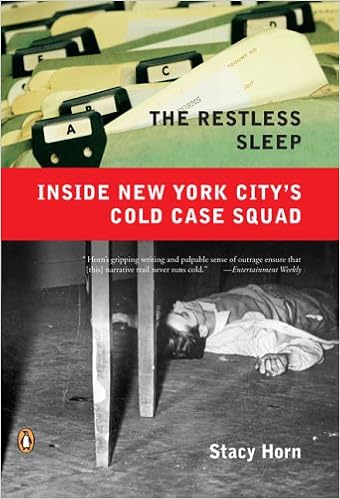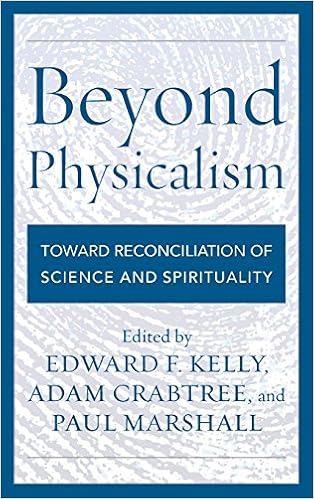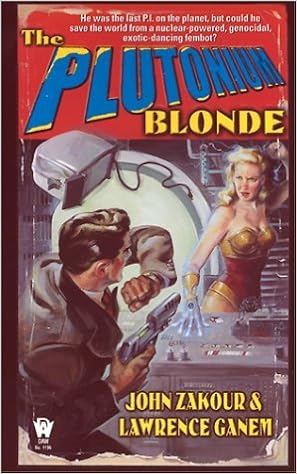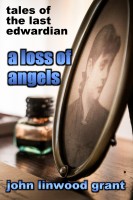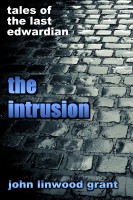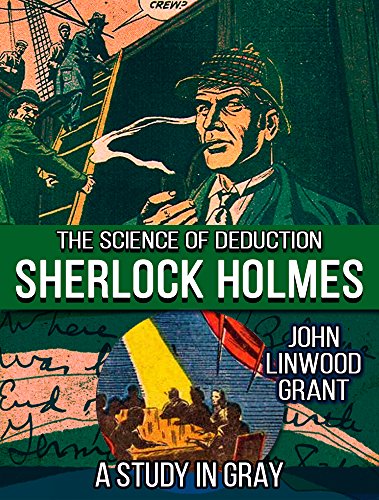Brilliantly written: the type of mystery where there's so much going on that, at the end, you have to sit around, thinking, to figure out how all of the strands connect and resolve. Smart, with biting humor, "The Night Bell" involves a cold case series of murders from fifty years before, and the book zigzags between 2007 and 1957, involving the detective's own past. There's also her mother, a firecracker of an old lady, who is having periods of dementia in which past and present flow together, which was also brilliant. I can't recommend highly enough - I'm afraid to say more because I don't want to spoil anything in the book!
I stumbled across "The Night Bell" because I've been reading cold case mysteries, but the first book of the Detective Hazel Micallef series (which I instantly requested from the library), is "The Calling."
For some reason, the following was one of my favorite bits from "The Night Bell" (although the prologue is nothing short of phenomenal). Hazel, as a local detective, has a combative relationship with the Royal Canadian Mounted Police (RCMP), which has swooped in and taken over one of her cases, effectively blocking her investigation on everything else. She's sitting in the command trailer with the CO, Superintendent Martin Scott:
"God. I've always found you guys inscrutable, you know?"
"Us guys? We are also women and dogs and horses."
"Sometimes I wonder if you're just pretending in those shiny uniforms of yours."
He looked at her steadily for a long count. It made her feel she shouldn't blink. "I assure you," he said, "we are not pretending."
She rose and pushed her chair away. Its feet bumped awkwardly backward over the red, tight-pile carpet. She reached out, a little stiffly she though, to shake his hand.
"It's true you have to watch out for the horses," he said to her at the exit. "They are both inscrutable and mischievous. Come back if you like. Command is lonesome."

